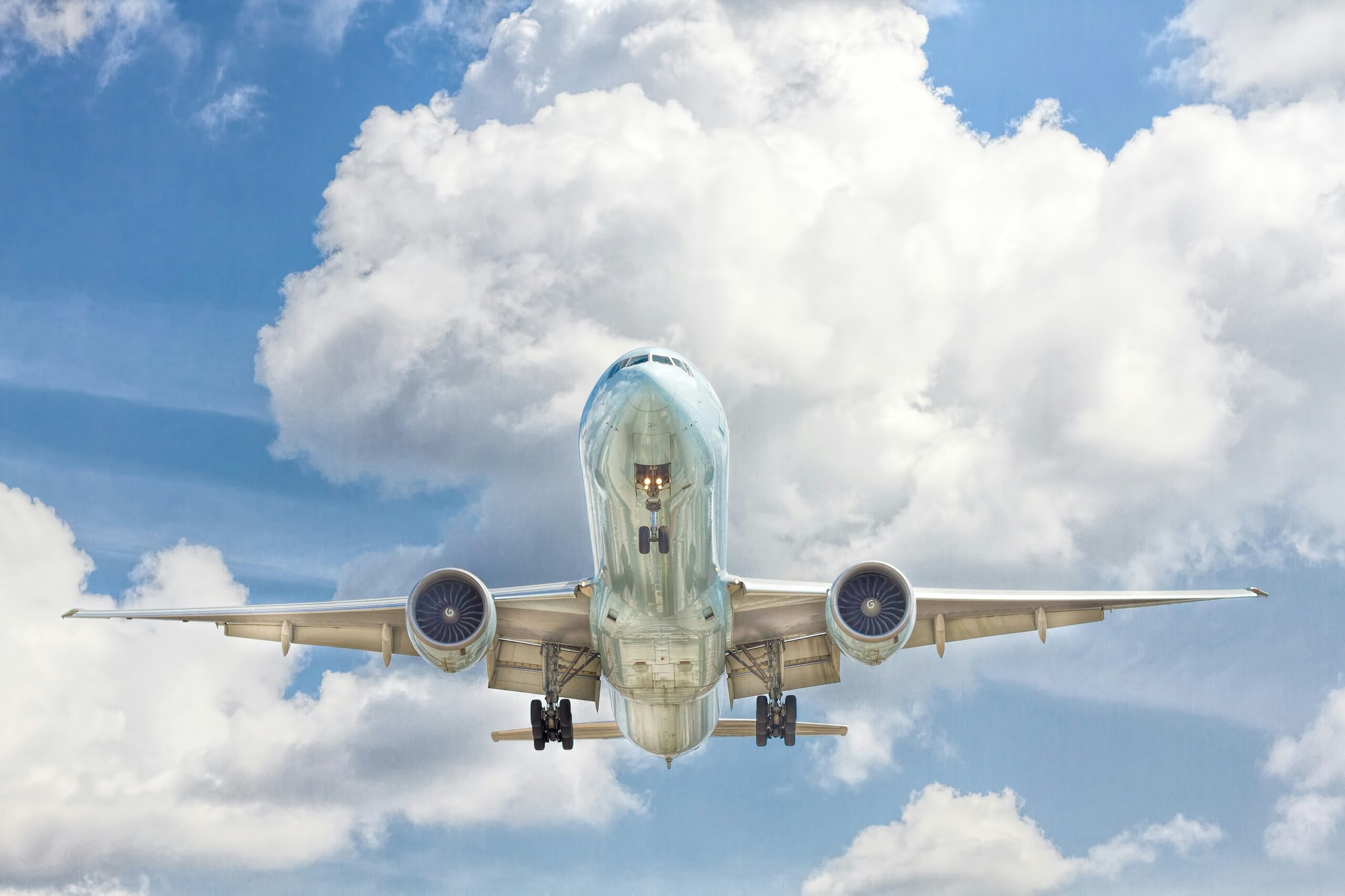Traveling in 2025? Don’t overlook travel insurance—it’s more essential than ever. But with so many plans, how do you choose the one that fits your travel needs? Whether you’re a senior, thrill-seeker, or planning a European getaway, here’s your complete guide to buying the best travel insurance.
🌴 Get Your FREE Bahamas Checklist!
Perfect for planning your island escape 🌊
We respect your privacy. Unsubscribe anytime.
Powered by greattravelnews.com
1. How to Buy Travel Insurance for International Trips
International travel comes with risks like delayed flights, lost luggage, and medical emergencies. When buying travel insurance for international trips:
- Ensure your policy includes emergency medical coverage overseas
- Look for trip cancellation and interruption benefits
- Check if COVID-related disruptions are still covered
Pro tip: Buy your insurance within 15 days of your first trip payment to access added benefits like pre-existing condition waivers and higher reimbursement limits.
Also, verify whether your destination requires proof of insurance upon entry. Some countries still mandate coverage for quarantine costs or evacuation.
2. Best Travel Insurance for Europe in 2025
Heading to Europe? Look for plans that meet the Schengen visa requirements if applicable. Also, consider:
- Comprehensive medical coverage with repatriation
- Multilingual 24/7 support services
- Coverage for strikes, political unrest, or airline failures
Many European countries have exceptional healthcare systems, but costs for foreigners can be high without coverage. Look for policies that include:
- Coverage for high-value items like electronics
- Delays or missed connection reimbursements (especially if you’re taking trains across borders)
- Reimbursement for non-refundable cultural or tour activities
Bonus: Some providers offer plans tailored to popular European destinations like Italy, France, and Spain, including local partner hospitals.
3. Travel Insurance for Seniors: What to Know
Seniors over 60 often face higher premiums, but that doesn’t mean you should skip coverage. When choosing travel insurance for seniors:
- Compare policies that accept pre-existing conditions
- Ensure it includes emergency evacuation and hospital stays
- Look for age-specific discounts or group travel options
Tip: Always declare medical history accurately to avoid denied claims. Some insurers offer comprehensive senior plans with:
- 24/7 nurse hotline access
- Assistance with language barriers at foreign hospitals
- Coverage for mobility equipment or lost medication refills
Many also include concierge services to help with emergencies or last-minute arrangements.
4. How to Buy Travel Insurance for Adventure Sports
If your trip involves diving, skiing, or mountain biking, standard travel insurance may not cover you. Instead:
- Choose a plan that includes high-risk or adventure sports
- Check altitude, depth, or equipment exclusions
- Look for “Cancel for Any Reason” coverage if weather may affect plans
Note: Some policies let you add extreme sports as a rider or upgrade. Here’s a quick list of activities that are often excluded unless you upgrade:
- Scuba diving past 30 meters
- Paragliding or ziplining
- Rock climbing or ice climbing
- Backcountry skiing
If you’re attending a sports competition or training event, ensure coverage includes medical expenses and potential income loss if you’re a semi-pro or coach.
5. How to Compare Travel Insurance Providers
Not all policies are equal. Use aggregator sites like EKTA, or VisitorsCoverage to:
- Compare premiums across top-rated providers
- Read customer reviews
- Filter by activity type, destination, or age bracket
Look for providers with high financial strength ratings (A or higher). And don’t forget the fine print—some insurers require you to call ahead before seeking treatment, while others work on a reimbursement-only model.
Final Thoughts
Buying travel insurance doesn’t have to be overwhelming. The key is matching your plan to your travel style. Whether you’re planning a scenic rail trip across Europe or ziplining in Costa Rica, the right policy can save you time, money, and stress.
Summary Tips:
- Always buy travel insurance as soon as you book
- Customize coverage to your destination and activities
- Consider your age, health, and trip cost when choosing a plan
With the right research, you can travel confidently knowing you’re protected no matter what 2025 throws your way.




